\su̇-ˈsər-əs\
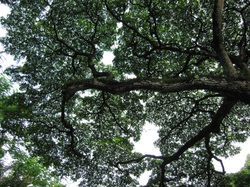
It’s also to my ear an exceptionally beautiful word, both in its sound and its sense. A susurrus is “a whispering murmur.” It is the sound of a breeze passing through a forest; of hushed conversations at the other end of a reading room; of lizards scuttling through dry leaves on a hot afternoon. It’s a drowsy, peaceful word.
English lifted this one wholesale from the Latin word for “humming or murmuring.” It seems to derive from a Sanskrit root svárati (meaning sounds or resounds) that has engendered a flock of cognates across many languages: there’s Greek syrinx (Σύριγξ) "reed flute," Old Church Slavonic svirati "to whistle," Lithuanian surmo "pipe, shawm," German schwirren "to buzz," and the Old English swearm, or "swarm."
As a kid I spent many of my school vacations with my grandparents in the mountains of western North Carolina, where they went each year to escape the infernal summers of Chapel Hill. The cottage they rented was made of chestnut boards marked with the twisting runnels left by burrowing insects in the trees. There was a big front room filled with rough-hewn oak furniture and perhaps a deer’s head mounted above the fireplace. There was a shabby and somewhat unreliable kitchen, a couple of bedrooms for grownups, and a big attic where whatever grandchildren were in residence slept on beds with metal springs and faded coverlets made of tufted mauve chenille. Fifty miles from Asheville, and at least 10 miles from the nearest town with a coffee shop and a supermarket, there was not much to do, which was very much the point. We kids swam in the river. We stitched ill-fitting doll dresses and cut our fingers whittling homemade propeller toys. We went on walks with our grandmother, who brandished her walking stick at snakes and (to our lasting mortification) swiped fresh sweet corn from other people’s fields.
Next to the porch grew a giant yew bush, eight feet across. A child squirming through the outer branches could rest hidden inside, in a resinous dappled cave almost big enough to stand up in. I spent endless afternoons here, equipped with a couple of peaches and the battered house copy of The Adventures of Robin Hood (a great 1930s edition that I have not seen since: the covers were frayed and some of the pages loose but it had full-color illustrations and a wonderful pseudo-Old-English style). It was very quiet. There was the whisper of a scythe as the farmer next door brought in the buckwheat. The mail truck rolled by on the distant road. A tinny fizz as my grandfather tried to catch the afternoon news on his portable radio.
The leaves moved against the sky. A few black ants came to investigate my peach pits.
I know I came out eventually. I know there was supper and cousins and card games and fireflies. But I don’t remember that part right now. I remember the rustle of piney needles under my bare legs. The faint ripple of talk drifting out the kitchen window. The wide drift of an afternoon with nothing to do but watch the trees. A perfectly ripe piece of fruit.
Susurrus.

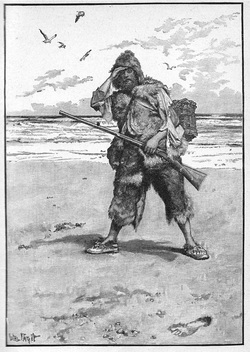
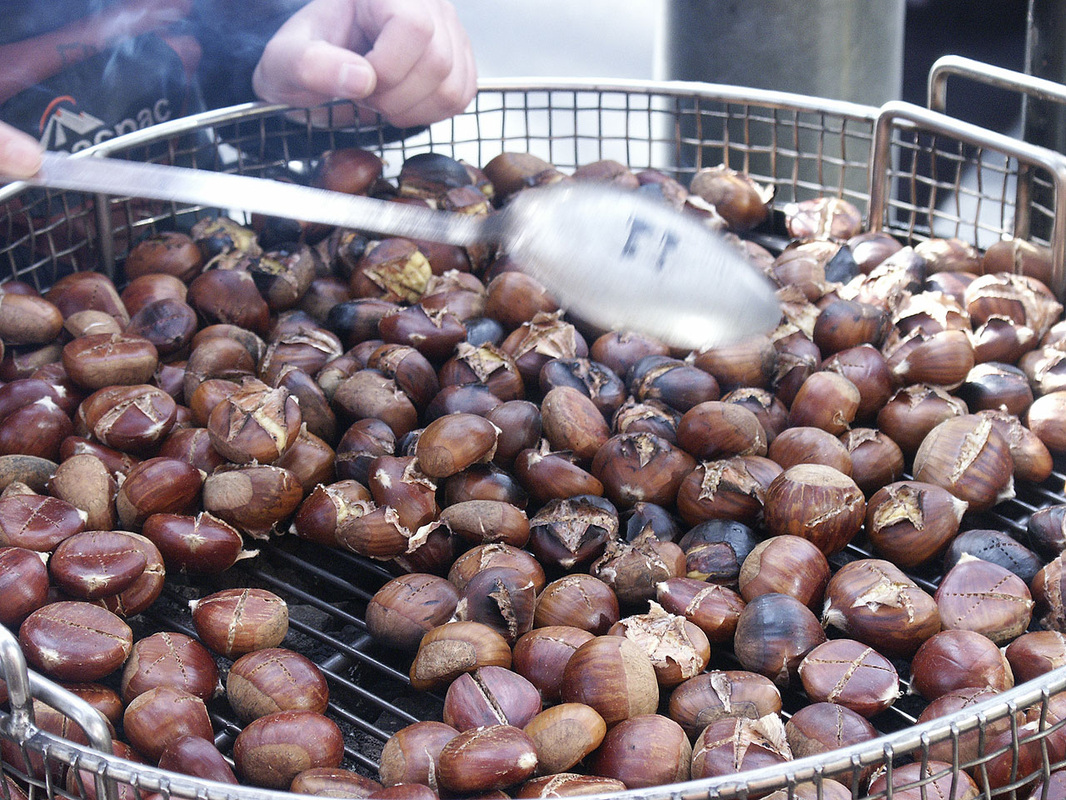




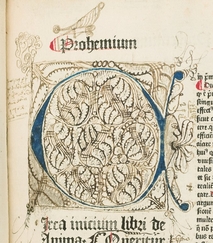


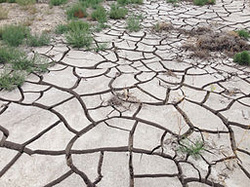
 RSS Feed
RSS Feed